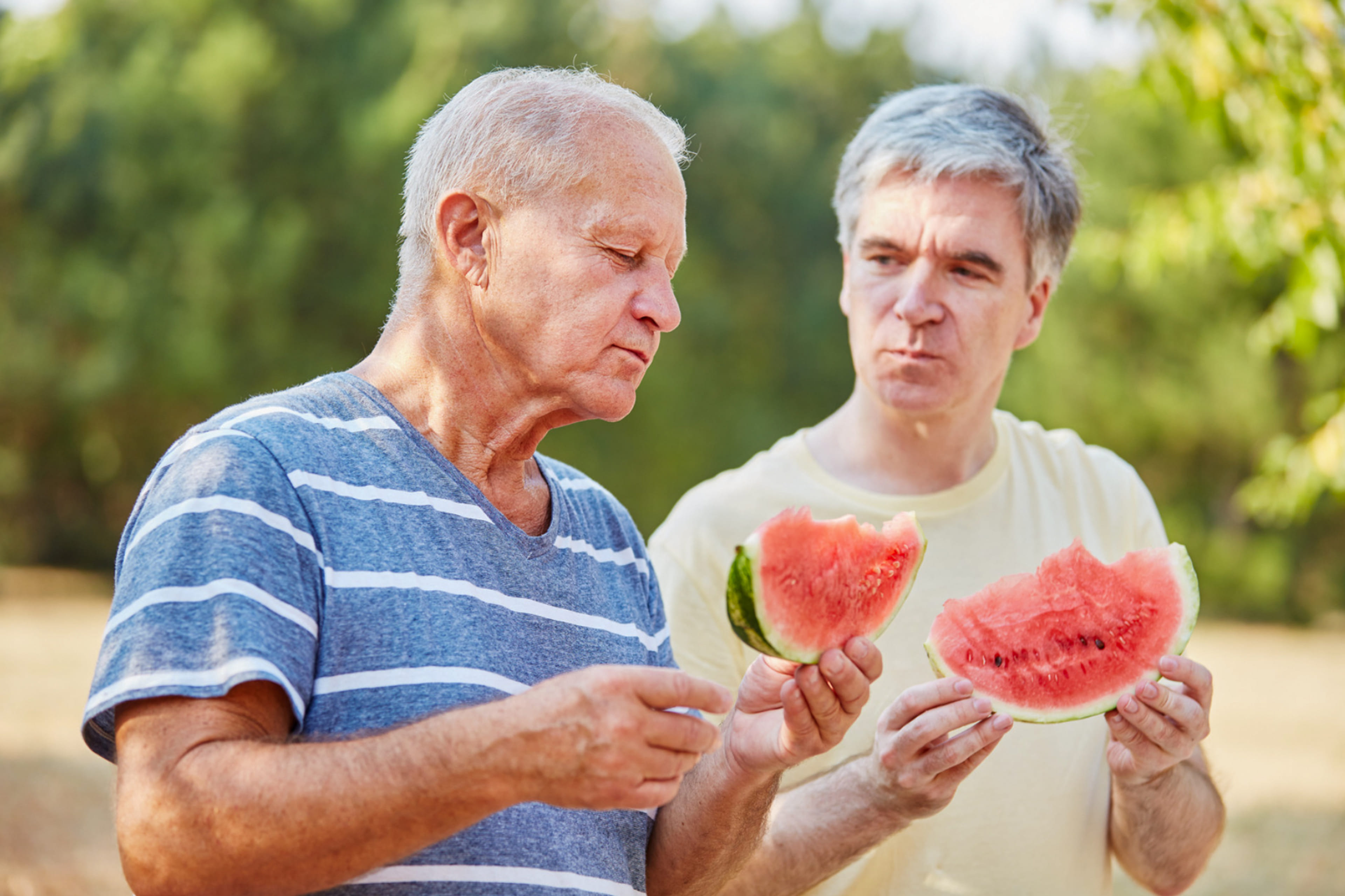
Fruit seeds: when to eat them and when to avoid them
Written by: Editors
Modified on:
Many people wonder whether swallowing fruit seeds is harmful. For most seeds, the answer is no, but caution is needed with certain types. While the seeds in apples, cherries, and apricots contain compounds like amygdalin, which can release small amounts of cyanide, accidental ingestion of a seed or two is generally harmless. However, regularly consuming crushed or chewed seeds in large amounts can pose a risk.
The risks of stone fruit seeds
Stone fruits such as peaches, plums, and cherries all contain seeds with small amounts of amygdalin. When chewed, this compound can convert into cyanide, a toxic substance in large amounts. However, you would need to consume a significant number of seeds to experience any adverse effects. For safety, it's recommended to remove seeds before blending, cooking, or serving to children.
Common misconceptions
Many myths circulate about fruit seeds, including the belief that apricot seeds have cancer-fighting properties. Despite some claims, there is no scientific evidence to support this. Similarly, swallowing seeds from common fruits won’t cause health issues like appendicitis. Your digestive system can naturally process small seeds, passing them through without harm.
Health benefits of eating fruit
Fruit remains an essential part of a balanced diet. It’s rich in vitamins, fiber, and antioxidants. While some seeds are safe to eat—like those found in kiwis and berries—others, such as those in stone fruits, are best avoided. To stay safe, always remove large seeds before blending or juicing fruit, especially if you're preparing it for children. Smoothies, for example, should be seed-free to reduce the risk of accidental ingestion.
Conclusion
In general, eating fruit seeds occasionally isn’t something to worry about. However, it's wise to be cautious with the seeds of stone fruits to prevent any health risks. By removing them where necessary, you can continue to enjoy the wide range of health benefits that fruits provide. Stay informed, stay safe, and keep fruit a regular part of your diet!